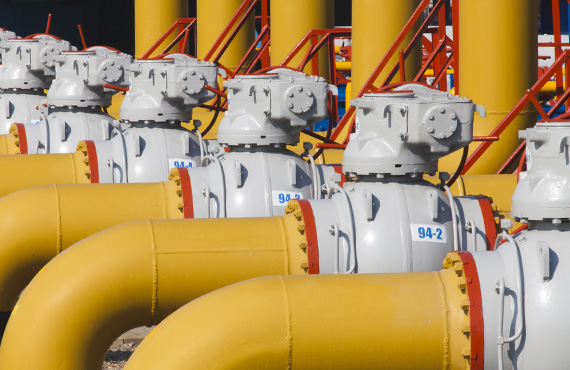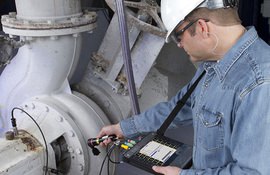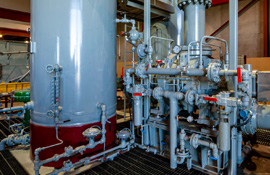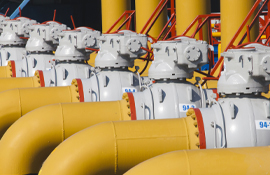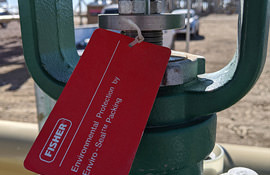Compressor stations are essential for enabling the flow of natural gas through transmission pipelines.
The movement of large volumes of gas requires the installation of compressors to increase pressure by reducing volume. The compressors may come in the form of a natural gas-fired turbine to turn a centrifugal compressor, a centrifugal compressor driven by a high voltage electric motor, or a reciprocating engine/reciprocating compressor also known as a recip.
As the transmission pipeline enters the compressor station, the natural gas passes through scrubbers, strainers or filter separators designed to remove any free liquids or dirt particles from the gas before it enters the compressors.



